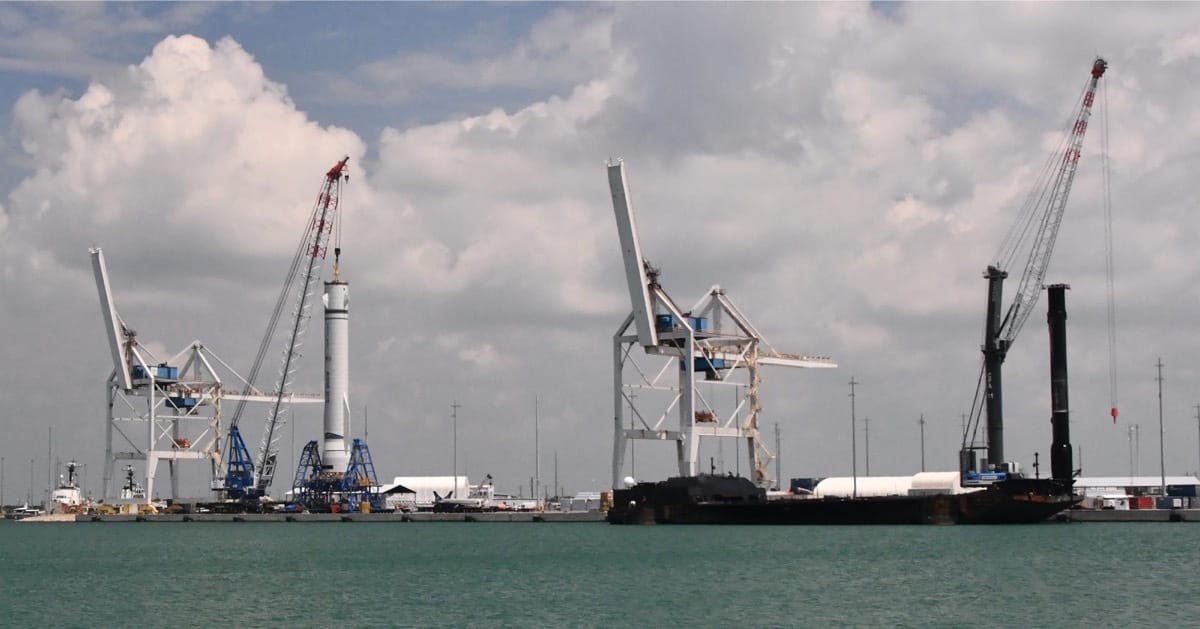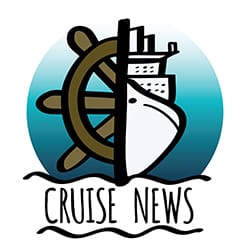Port Canaveral cancels cruise terminal due to state concerns

Port Canaveral has recently made headlines after deciding to halt plans for a new cruise terminal due to concerns about its impact on the local space sector. This decision comes after state officials warned that moving forward with the project could jeopardize critical funding and support for the port's operations. Let’s explore the details surrounding this decision, the implications for both the cruise and space industries, and the future prospects for Port Canaveral.
Background on Port Canaveral's Cruise Terminal Plans
Located in Central Florida, Port Canaveral has evolved into a significant player in both the cruise and space industries, attracting millions of visitors annually. The port had proposed a plan to construct a new cruise terminal at North Cargo Berth 8, aiming to accommodate the growing demand for cruise travel.
The initial idea was to replace the cargo berth site with a terminal and parking garage to boost the port's cruise capacity. However, this move faced strong pushback from state officials connected to the aerospace industry, who expressed concerns about how the terminal could disrupt operations related to rocket recovery.
State Officials' Concerns and Impact on the Space Industry
In a letter addressed to the Canaveral Port Authority, Florida Secretary of Commerce J. Alex Kelly and Florida Department of Transportation Secretary Jared Perdue outlined their concerns. They argued that the planned development would adversely affect commercial space operations, particularly those involving the recovery and reuse of rocket hardware.
They emphasized that the cruise terminal project would compromise the growing space industry in Florida, which has been pivotal for the state’s economic framework. With many key companies relying on the port for their operations, state officials urged the port authority to reconsider the plan to promote a balanced approach to development.
Port Canaveral Commissioners' Reversal of Decision
Reacting to the concerns raised by state officials, Port Canaveral commissioners voted on March 1, 2023, to halt the proposed cruise terminal project. The decision, which was met with mixed emotions among the commissioners, reflects the pressures faced when balancing competing interests.
Notably, the vote was 4-1, with Commissioner Kevin Markey voting against the reversal. Despite the halt in development, the commissioners did not propose an alternative strategy during the meeting, which adds a layer of uncertainty to the port's developmental future.
The Path Forward for Port Canaveral
In light of these developments, Canaveral Port Authority CEO John Murray stated that the port will reassess all potential options, including a comprehensive review of its existing cruise facilities. Murray suggested that the intention is to maintain operational efficiency while exploring alternative avenues to enhance cruise capacity.
He mentioned that the loss of cruise business opportunities could lead to significant economic repercussions since a large portion of the port's revenue derives from cruise operations. The current cruise terminal facilities are found to be inadequate to handle the incoming demand, which places a long-term risk to Port Canaveral’s financial health.
Economic Implications of the Decision
Following the halt in plans for the cruise terminal, there are immediate financial implications for Port Canaveral. According to Murray, over 82% of the port's operating revenue is derived from cruise ships and related passenger services, whereas merely 1% comes from the space sector.
This disparity underscores the crucial role cruise operations play in Port Canaveral’s financial sustainability. However, the pressure from the state reflects the rising importance of the aerospace sector as it continues to flourish in Florida.
Balancing Interests Between Cruise and Space Industries
Creating a successful equilibrium between the cruise industry and the expanding space sector is a challenge that Port Canaveral must navigate carefully. Murray indicated the port is focused on aligning its goals with the state’s interests, which include safeguarding the future of the aerospace industry.
This balance proves challenging as both sectors require substantial space and resources to operate effectively. As Murray noted, it is a tough task to keep every stakeholder satisfied, but essential to ensuring long-term viability for the port.
Risks of Losing Cruise Business
The threat of losing potential cruise business is significant, particularly as major cruise lines begin considering alternative ports in states such as New York, California, and Texas. If Port Canaveral cannot accommodate the demand, it faces the possibility of ships being permanently diverted elsewhere, potentially jeopardizing future growth and expansion.
With upcoming deliveries of new cruise ships planned for the late 2020s and early 2030s, addressing berth shortages is imperative for Port Canaveral. The decision to delay the new terminal marks just one aspect of a broader analysis of the port's long-term strategies.
Space Industry's Growing Influence
As the number of space launches and the corresponding recovery of components increases, the space sector's influence on the port's operations becomes more pronounced. For instance, in the recent year, Port Canaveral's facilities enhanced their capabilities to handle a notable channel of recovered space components, reflecting the growing integration of both industries.
Murray confirmed that the number of recovered SpaceX boosters and fairings has significantly increased, showcasing the rising demand for space logistics at the port. This development illustrates the importance of accommodating the space industry as a core aspect of Port Canaveral’s operational framework.
State Support and Future Investments
State officials expressed intentions to review the port's future investments and operational support closely. Any continued funding that might have facilitated cruise-related projects now hangs in the balance, and the port must navigate this scrutiny delicately.
Chair of the Canaveral Port Authority, Micah Loyd, communicated optimism despite the setback, referring to the necessity of collaboration with state officials for future projects. His remarks suggest a chance to rethink the port's development strategy to suit both cruise and space industry needs.
Conclusion
Port Canaveral's recent decision to pause plans for a new cruise terminal reflects complex dynamics between the rising demand for cruise capacity and the critical importance of fostering the space industry. The balancing act has put the port's future under a microscope, emphasizing the necessity of cooperative dialogue with state officials.
As the port revisits its strategies, it must consider ways to bolster its existing cruise facilities while ensuring the growing needs of the aerospace sector are met. With careful planning and strategic partnerships, Port Canaveral is poised to enhance its position as a hub for both industries while maintaining economic vitality.
FAQs
What prompted Port Canaveral to halt its plans for a new cruise terminal?
Concerns from state officials regarding the impact on the space industry and potential loss of funding led Port Canaveral to pause the cruise terminal plans.
How much of Port Canaveral's revenue comes from the cruise industry?
Over 82% of Port Canaveral's operating revenue is generated from cruise-related activities.
What is the stance of state officials regarding the space industry in Florida?
State officials emphasize the importance of supporting the state's burgeoning space industry and seek to maintain operational relationships that benefit both the space and cruise sectors.
What are the potential risks if Port Canaveral cannot accommodate new cruise ships?
If the port cannot accommodate new cruise ships, it risks losing business to other states, jeopardizing future economic growth and expansion opportunities.
What steps will Port Canaveral take moving forward after this decision?
Port Canaveral plans to reassess its options, including more efficient use of existing facilities and potential collaborations with state officials to align industry needs.




